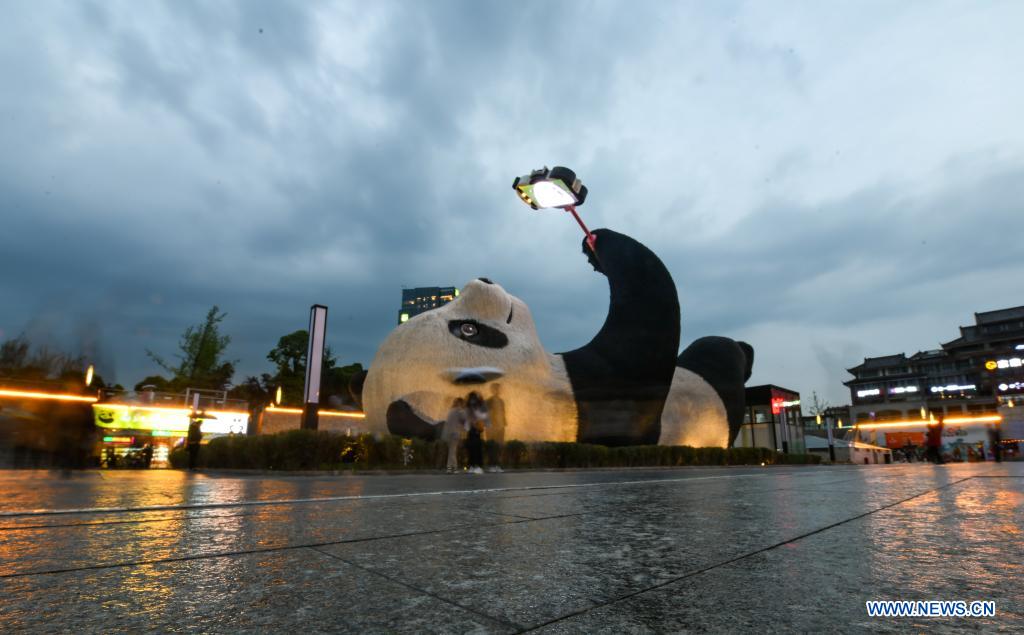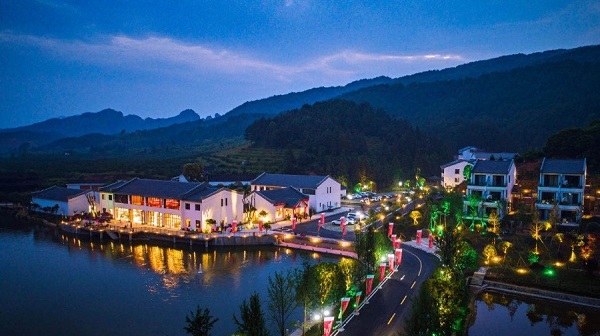Interview: Italian expert calls for more coordinated efforts to fight COVID-19
BRUSSELS, April 11 (Xinhua) -- As Europe's death toll from the COVID-19 pandemic topped one million, a leading Italian medical scientist called for more coordinated efforts to fight the pandemic, as well as more investment and bigger resolution to expand the research and production of vaccines.
Andrea Crisanti, director of the Molecular-Microbiology Department at Italy's Padua University Hospital, told Xinhua in a recent interview that the currently available products are either too expensive for the less developed regions, like the mRNA vaccines, or have limited repeatability in face of new variants.
"If we don't tackle this problem, we will always be exposed to the possibility of new variants arising in different parts of the world and therefore cooperation should focus on developing an affordable vaccine," he said.
As of Friday, the World Health Organization (WHO) Regional Office for Europe had reported more than 47 million infections, 1,001,313 of them fatal.
For Crisanti, it is a priority to scale up the vaccination efforts and eventually renegotiate some of the European Union's (EU) contracts with drug firms to allow production ramp-up in Europe, avoid delays in delivery, and most importantly, follow up on new vaccines should the virus change.
"We have to build the capability and make a huge investment in research in this field," he said.
In terms of innovation, according to Crisanti, Europe has done quite well in developing vaccines, providing theoretical contributions to understanding the dynamic of transmission, and laying out the theories behind risk control and assessment.
"I think that the vaccines were developed in such a short time is a testimony to international cooperation that has never happened before," he said.
In Febuary, a group of 25 international scientists called on politicians and the public to jointly commit to a European strategy that builds on vaccination, green zones, and testing, tracing and quarantines.
"Although it seems hard to attain with the currently high levels of infections across Europe, we recall that many regions were green zones during last summer thanks to strict, simultaneous lockdowns," they said in a jointly written article published by Bruegel, a Brussels-based think-tank.
Echoing his colleagues, Crisanti agreed that the EU needs to do more to develop a common policy to reduce transmission and keep it low.
"The biggest obstacle to the control of the virus in Europe is the European epidemiological policy -- each state follows its own guidelines," he argued, noting that the function of systems and the level of effectiveness vary a lot in the EU.
Crisanti rolled out his roadmap: "First we need to do synchronous lockdowns, and a Europe-wide distancing and movement restriction in order to have a homogeneous situation; then we can think about the best way to implement movement without increasing the risk, and after that we can vaccinate as many people as possible."
Photos
Related Stories
- Canada's Ontario province hits single-day record of 4,456 new COVID-19 cases
- Commentary: Keep alert against sinister political manipulations on COVID-19 origin tracing research
- S. Korea reports 587 more COVID-19 cases, 110,146 in total
- Chinese mainland reports two new locally transmitted COVID-19 cases
- UK records another 1,730 coronavirus cases, 7 deaths
Copyright © 2021 People's Daily Online. All Rights Reserved.










